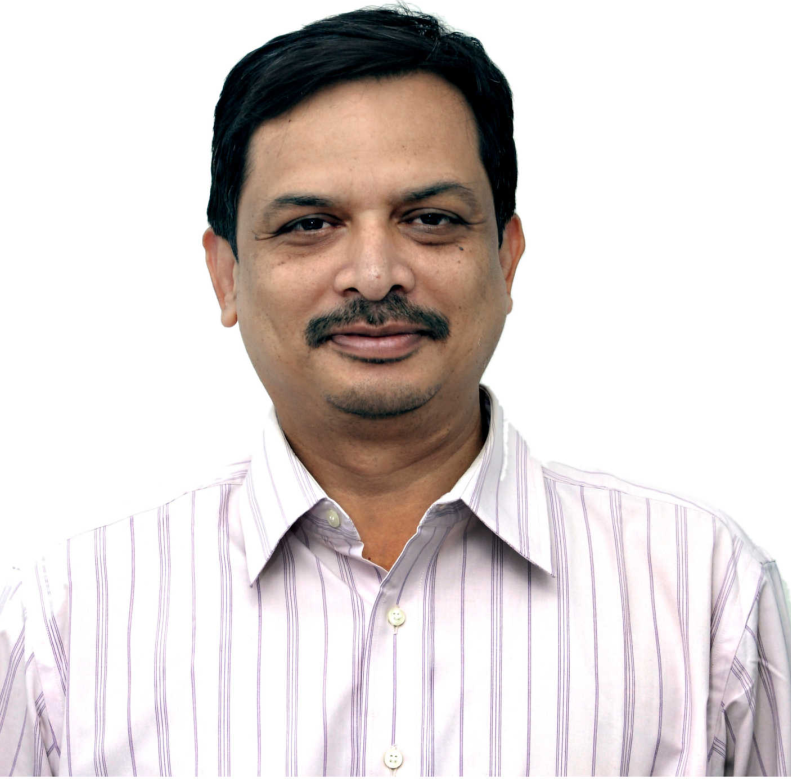TIFR is one of the pre-eminent research organisations in the country and is a unique place where research programmes of a national scale can be groomed and nurtured. TIFR’s Hyderabad campus (TIFRH) is envisioned to do this at an enhanced scale with a clear perspective of: i) addressing scientific questions without disciplinary barriers; ii) unifying fundamental science with translational pursuit, forging links with industries; iii) combining research and education leading to a synergic research university. Programmes are already initiated under pillars of light, matter and life that encapsulate physics, chemistry and biology research themes at TIFRH. Interdisciplinarity is not an ambition but forms the prime culture to TIFRH science. Discussions are in progress for initiating new research directions in advanced imaging science, quantum science and quantum technology, computational sciences that encompass artificial intelligence (AI), big data, machine learning and allied areas of mathematics. Competent groups that align with the national missions like the LIGO or quantum mission may be rooted at TIFRH. The institute anticipates developing these programmes at an accelerated pace in the upcoming years. Additionally, we recognise the importance of science education and envisage collaborations with our colleagues at the Homi Bhabha Centre for Science Education (HBCSE) bringing out several programmes to benefit Hyderabad and the surrounding states.
Apart from the scientific vision and ability to conduct internationally competitive research, TIFRH is endowed with an invaluable asset of space to develop these ideas. In the next few years TIFRH will construct a large-scale campus equipped with world-class research infrastructure, auditorium, lecture halls, hostels, guest houses and recreation facilities. The new campus buildings will provide space for 40 additional advanced laboratories and space for many more researchers who would pursue theoretical, numerical and mathematical frameworks of the sciences. We plan to build dedicated spaces for conducting science popularisation and outreach events that would help interact with members of the public.

M Krishnamurthy
Centre Director
TIFR has been a cradle of activities of national importance. In the past several developments of translational interest have been transplanted to newer organisations. However, the links between some of these organisations and TIFR may not be as apparent in present times. TIFRH has the unique opportunity to establish as well as further develop these new centres on campus, thus strengthening links with these organisations of national importance. New opportunities such as the Extreme Photonics Innovation Center (EPIC) or Advanced Research Unit on Metabolism, Development & Aging (ARUMDA) are already taking roots at TIFRH. EPIC is a joint UK-India innovation centre that develops technologies for next-generation accelerators, while ARUMDA aims to bring together biologists and clinical researchers to provide scalable solutions to tackle the ‘Double & Triple Burdens of Malnutrition’.
As TIFRH gears up to enhance its activities, strong support from the state and central organisations, industry and philanthropists is crucial to our growth. We look forward to all round support to fulfil the vision of evolving India into a knowledge based equitable society that creates opportunities for one and all.
